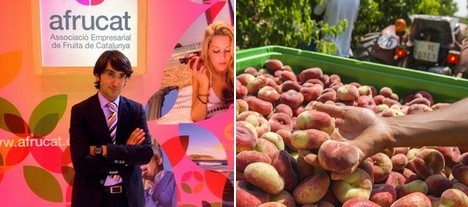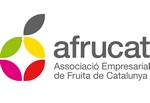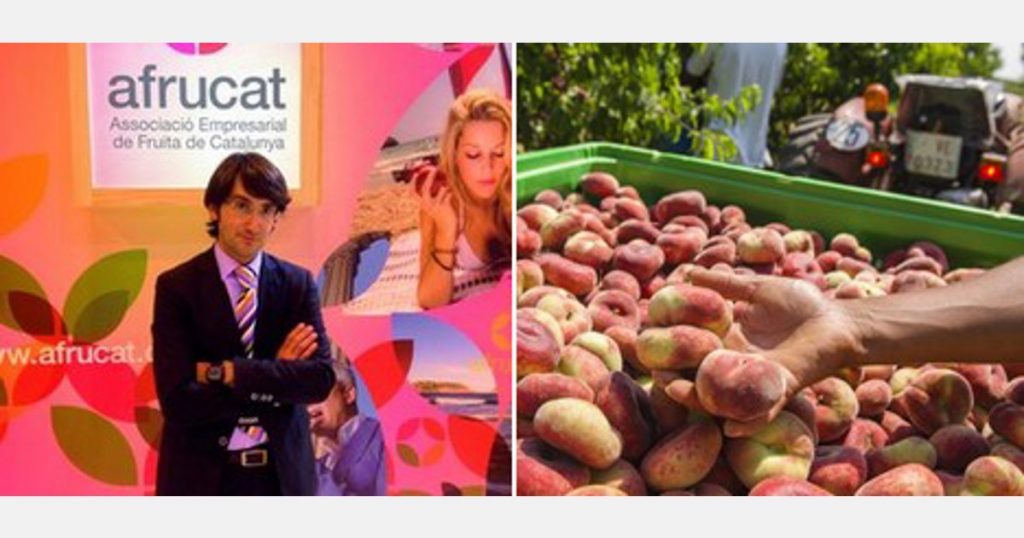The stone fruit campaign in Catalonia is already in full swing, although with limited quantities that are leaving a gap in the European markets, due to the impossibility of cooperatives and marketing companies to meet their orders.
Last year the production fell by 35% as a result of hail storms, and this year there will be an even greater shortfall than in the previous season due to the impact of frosts. Catalonia, one of the most important European producing areas, expects to harvest around 42% less fruit than its productive potential; this entails a 34% drop compared to the average production of the last 5 years.

“Last year prices went significantly up, although these never fully compensated for production drops like the one we had, since the supply and demand do not behave proportionally,” says Manel Simón, director of the Associació Empresarial de Fruita de Catalunya, Afrucat.
“Forecasts for this season suggested that it could be similar to last year’s, but we have started with a key difference, as the earliest producing areas in Spain, such as Murcia and Andalusia, have had a rather normal harvest this year compared to the previous one, when they were generally affected by the weather. The market has therefore been busier than expected so far, taking into account the level of demand that there’s usually at the beginning of the season,” says the representative of this association. “While the Murcian production has lasted, the drop in the production hasn’t been noticeable, and the prices of the first weeks have been higher.”
However, at this time, as the peak of the summer season approaches, the demand tends to increase, and since there is hardly any fruit in Murcia, the main suppliers will now be Catalonia, Aragon and Italy, which have all been affected by frost.
“For just over a week now, the production shortages are starting to become noticeable. Our fruit operators are unable to meet all their orders and can only load 3 or 4, out of 10. Customers with longer shipping distances and therefore higher risks are now starting to be discarded. In the last few weeks, the stock of fruit in cold stores has been non-existent, since the fruit that arrives in the plants is shipped the same day or the following day,” says Manuel Simón.
Between the first and second weeks of July, prices traditionally fall, but this is not happening this year, according to the director of Afrucat. “Prices remain stable and reasonable, similar to those recorded at this time last season, and even slightly higher for some products. Those who have been able to save more fruit will have a very decent season, but the vast majority have recorded production losses (an average of 40%). Variable costs can be regulated, but nothing can be done about fixed costs. In a season like this one, each company’s situation will depend on the kilos they have, their insurance coverage and the prices they have been able to get.”
It is difficult to find small fruit for baskets
Also worth noting is the lack of small sizes in red peaches at this time. “At this time of year, sizes are logically larger, since the fruit has been on the trees for longer, but the March frosts did a lot of thinning, reducing the load on the trees, and this has resulted in an abundance of large fruit. There is not enough small fruit for those supermarket chains focused on basket formats. In general, there is a shortage of fruit across the board, but it is more difficult to find small peaches.”
The sector will invest in protecting future harvests
After two consecutive campaigns strongly marked by adverse weather phenomena, the sector has good reasons to invest in protection infrastructure for hail and frost.
“Areas that traditionally suffer the impact of frosts have not been surprised this year, as they had anti-freeze systems in place, but we are talking about a small share of the producers. Investing in insuring future harvests has now become a common interest for the sector,” says Manel Simón.
 For more information:
For more information:
www.afrucat.com


